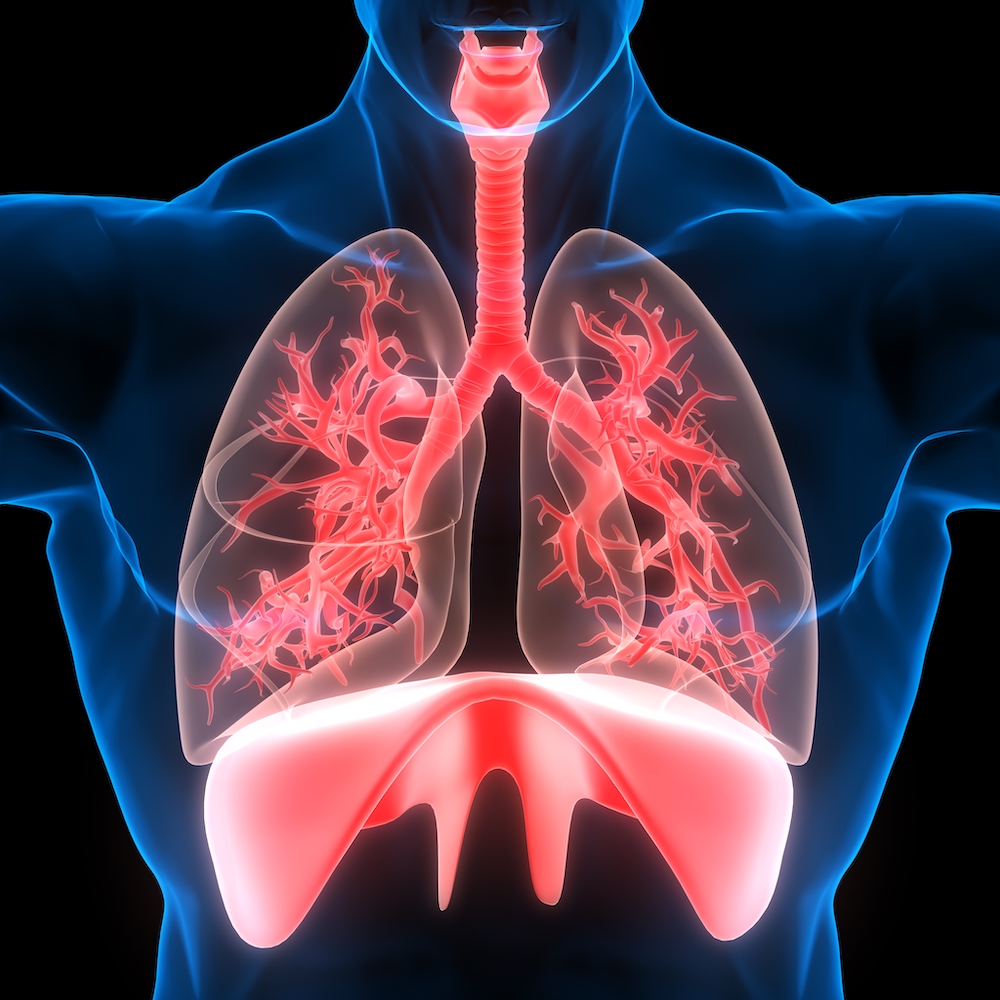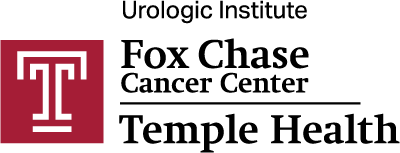Diaphragm Dysfunction
Program Goals

Dyspnea is a multifaceted symptom that frequently requires a multidisciplinary approach. Respiratory muscle dysfunction is a well-documented but often underdiagnosed source of dyspnea. Sources range from focal diaphragm dysfunction to systemic neuromuscular disease, often with overlooked symptoms and delayed diagnosis.
Interventions, both medical and surgical are available to improve respiratory status, exercise capacity, sleep performance, and overall quality of life. This CME activity was developed to provide information for the physicians and healthcare providers involved in the diagnosis, evaluation, and management of patients with a variety of diseases that result in respiratory muscle dysfunction.
This CME activity is divided into three sections, with a focus on general approach and diagnostic modalities for patients with suspected respiratory muscle impairment, surgical interventions for unilateral diaphragm dysfunction, and evaluation and treatment of systemic neuromuscular diseases.
Target Audience
This activity is intended for the following medical professionals who have a clinical interest in respiratory muscle impairment and diaphragm dysfunction: pulmonologists; critical care specialists; internal medicine and primary care physicians; neurologists; physician assistants; advanced practice nurses; and nurse practitioners.
Learning Objectives
After completion of this activity, participants should be able to:
- Identify the physiologic limitations to exercise in the healthy adult and how this is altered in patients with respiratory muscle dysfunction.
- Review the differential diagnosis and main features of disorders of the phrenic nerve, peripheral nerve, neuromuscular junction, and muscle that affect diaphragm function.
- Describe modern surgical approaches for the management of the diaphragm paralysis.
Faculty
Roman V. Petrov, MD, PhD
Associate Professor, Thoracic Medicine and Surgery
Lewis Katz School of Medicine at Temple University
Temple University Health System
Matthew Gordon, MD
Assistant Professor, Thoracic Medicine and Surgery
Lewis Katz School of Medicine at Temple University
Temple University Health System
Terry Heiman-Patterson, MD
Professor, Department of Neurology
Lewis Katz School of Medicine at Temple University
Temple University Health System
Educational Activity Agenda
Educational Presentation (1 hour, 27 minutes and 38 seconds)
Post Test, Evaluation & Certificate delivery (15 minutes)
Total Activity: (1 hour, 42 minutes and 38 seconds)
Release and Expiration Dates
Release Date: January 20, 2022
Expiration Date: January 20, 2024
Disclosure Policy
It is the policy of the Lewis Katz School of Medicine at Temple University, The Albert J. Finestone, M.D., Office for Continuing Medical Education that anyone in a position to control the content of a certified educational activity must disclose any financial relationships with ineligible companies within the prior 24 months. The Accreditation Council for Continuing Medical Education (ACCME) defines ineligible companies as “those whose primary business is producing, marketing, selling, re-selling, or distributing healthcare products used by or on patients.” Speakers must also disclose discussions of unlabeled/ unapproved uses of drugs or devices during their presentations. The Lewis Katz School of Medicine at Temple University has policies in place that will identify and mitigate all conflicts of interest prior to the educational activity. Detailed disclosure will be communicated to learners prior to the activity.
Faculty Disclosures
The faculty disclosed the following financial relationships with ineligible companies related to the content of this educational activity.
Roman V. Petrov, MD, PhD
• Nothing to disclose
Matthew Gordon, MD
• Grant/Research funding: Lung Pacer, Inc - Rescue 3 Clinical Trial, Sub-Investigator
Terry Heiman-Patterson, MD
• Nothing to disclose
*All of the relevant financial relationships listed for these individuals have been mitigated.
Course Directors, Planners, Reviewers, and Managers/CME Staff Disclosures
The course directors, planners, reviewers, and managers/CME staff disclosed the following financial relationships with ineligible companies related to the content of this educational activity:
Roman V. Petrov, MD, PhD, FACS (Faculty, Course Co-director and Reviewer)
• Nothing to disclose
Matthew Gordon, MD (Faculty and Course Co-director)
• Grant Research funding: Lung Pacer, Inc - Rescue 3 Clinical Trial, Sub-Investigator
Terry Heiman-Patterson, MD (Faculty, Course Co-director and Reviewer)
• Nothing to disclose
Erin R. Camac, DO (Reviewer)
• Nothing to disclose
Heather Greaves (Manager)
• Nothing to disclose
Arnold I. Meyer, Ed.D, FACEHP (Planner and CME Staff)
• Nothing to disclose
Katrina Ilagan (CME Staff)
• Nothing to disclose
*All of the relevant financial relationships listed for these individuals have been mitigated.
Accreditation Statement

Lewis Katz School of Medicine at Temple University is accredited by the Accreditation Council for Continuing Medical Education (ACCME) to provide Continuing Medical Education for physicians.
Certification Statement
Lewis Katz School of Medicine at Temple University designates this enduring material for a maximum of 1.5 AMA PRA Category 1 Credit(s)™. Physicians should claim only the credit commensurate with the extent of their participation in the activity.
How to Obtain CME Credit
Attendees are expected to view all presentations before attempting to take the test and/or complete the activity evaluation. Successful completion will lead to the issuance of a certificate for AMA PRA Category 1 Credit(s)™. To receive credit, the course must be completed between January 20, 2022 - January 20, 2024.
Participation in this activity should be completed in approximately 1.5 hours. Please follow these steps in order to receive CME/CE credit for viewing the webcast:
• Read all of the CME/CE accreditation information above.
• View the complete electronic (web) activity.
• Click on the link to apply for CME/CE credits.
• Complete the online registration (registration is free).
• Complete the online test and/or evaluation. Participants must receive a test score of at least 75% and answer all evaluation questions to receive a certificate.
After successfully completing the online test and/or evaluation, your application will be immediately processed, and you will be given the opportunity to download a personalized CME/CE certificate for participation in this activity.
Should you have any CME questions regarding this activity, please contact:
The Albert J. Finestone, MD Office for Continuing Medical Education
Lewis Katz School of Medicine at Temple University
3500 North Broad Street
11th Floor MERB, Room 1111S
Philadelphia, PA 19140
Main CME Phone: 215-707-4787
Fax: 215-707-8268
Commercial Support Statement
No commercial support has been provided for this Temple Lung Center activity.
System Requirements
To view this educational activity you, will need a web browser with JavaScript and either Flash or HTML5 enabled. Nearly all modern web browsers will work.

If you have special accommodations that we can address to make your participation more meaningful and enjoyable, please contact our office at (215) 707-4787 or cme@temple.edu.
Copyright
Copyright © 2021. Temple University. Philadelphia, PA. All rights reserved.




